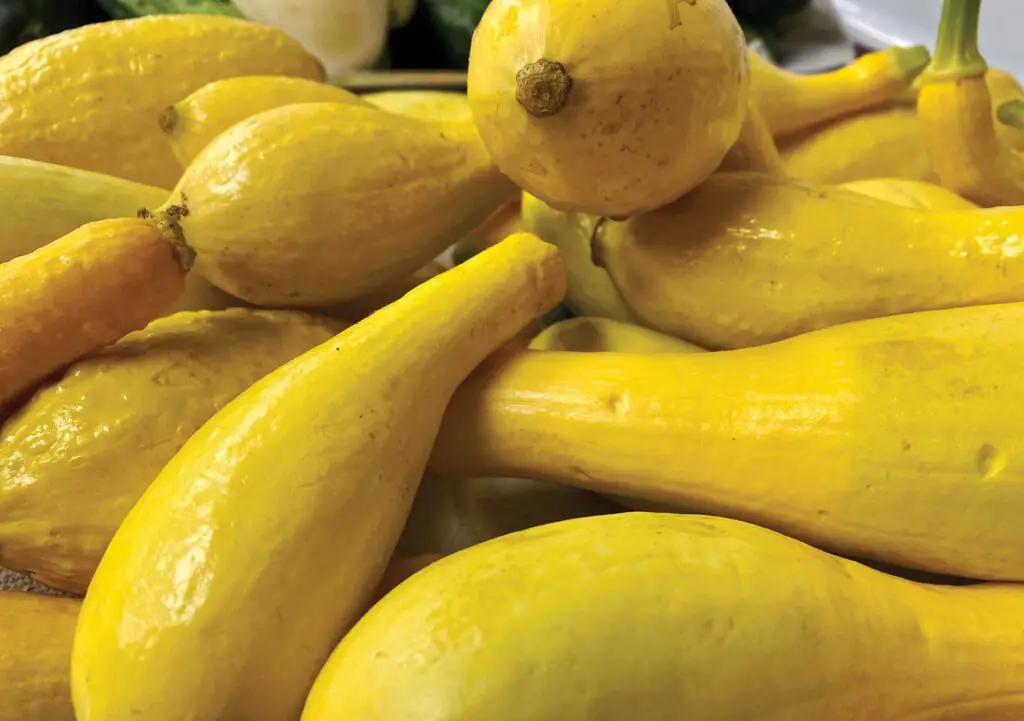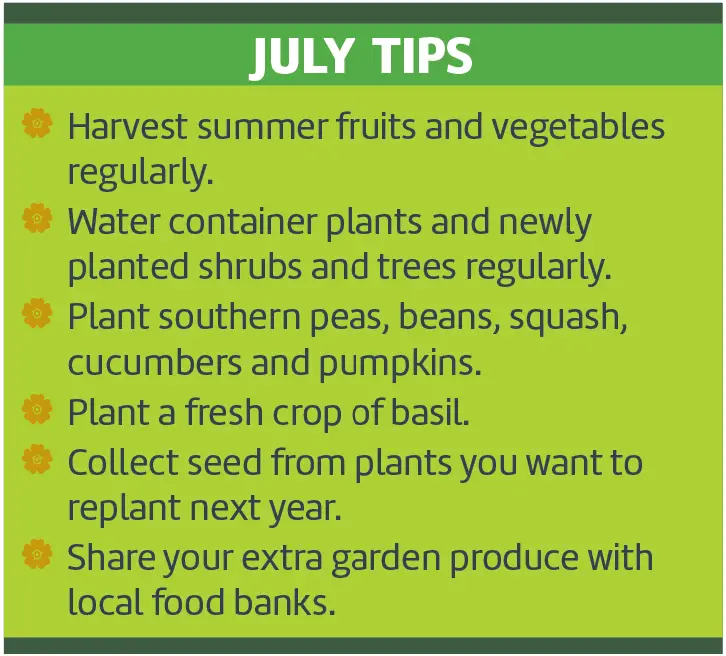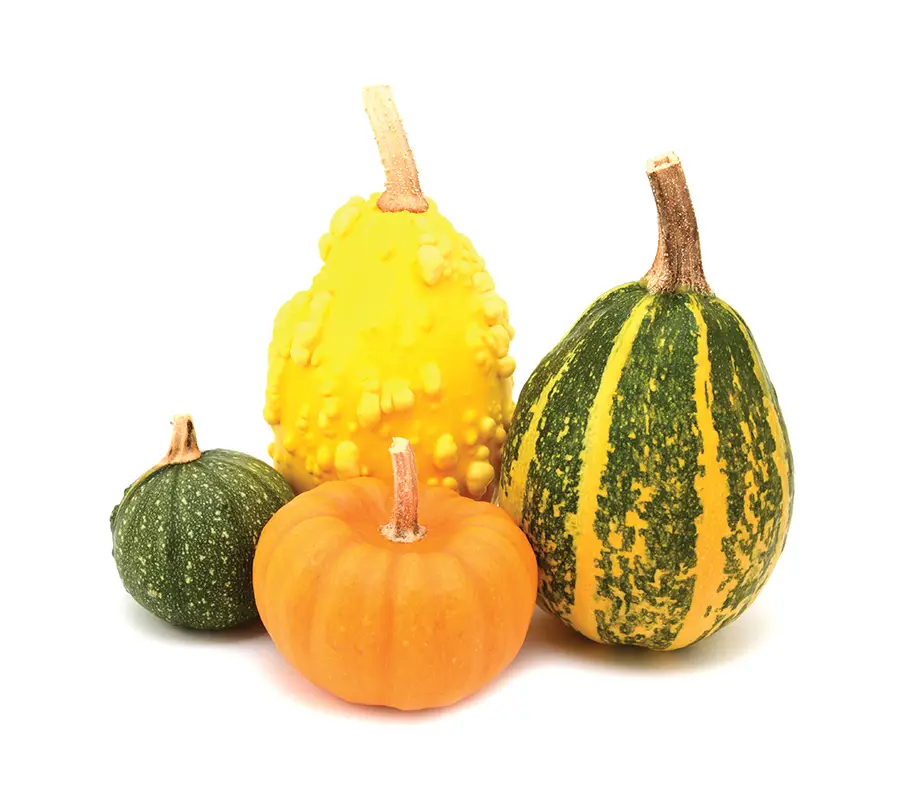Squash rules Celebrating 2024’s plant of the year

Summer produce season has arrived, that time of year when we can celebrate the abundance of fresh tomatoes, peas, okra, beans, peppers, corn and myriad other homegrown fruits and vegetables. But this year there’s reason to pay special homage to one of the most popular and prolific garden plants of all, the squash.
That’s because squash has been named the National Garden Bureau’s 2024 plant of the year, a well-deserved honor for a plant that has graced gardens for eons.
The term “squash” is derived from the Narragansett Native American word askutasquash, which means “eaten raw or uncooked,” and refers to a variety of different plants including summer and winter squashes, pumpkins and gourds.
Among the oldest cultivated plants in the world, squashes are members of the Cucurbitaceae family, a category of flowering, vining plants that are native to the Americas. These plants were vital sources of nutrition for the early indigenous people of North, Central and South America who used them in conjunction with beans and maize (corn) to create the “Three Sisters” companion planting system and who also used them for everything from storage to ceremonial vessels.
All these eons later, squash is still a perennial favorite of gardeners worldwide in part because they are a relatively easy crop to grow. Their large seeds can be planted directly into garden soil where they usually germinate quickly and produce bumper crops of tasty and useful fruits. In fact, botanically speaking all types of squashes are fruits rather than vegetables because they are seed-bearing structures formed from flowers. (Tomatoes, peppers, eggplants, avocados, cucumbers and several other “veggies” are also fruits.)

Squashes are also easy to hybridize, which has led to the development of a diverse selection of pumpkin, gourd and squash varieties for use in home gardens and in commercial production.
What’s the difference between gourds, squashes and pumpkins? Aside from their shapes and sizes, the distinctions are mostly about their uses. Gourd plants produce hard-shelled fruits that, while non-edible, make amazing utensils, storage containers, musical instruments, bird houses and decorative art. Pumpkins are edible (though some varieties are tastier than others) but are also beloved for their decorative qualities while squashes are grown primarily for culinary use, though some can also be quite attractive, too.
As easy as squashes are to grow, they do require full sunlight, fertile and well-drained soil, plenty of moisture and protection from pests to thrive. But when they do thrive, they are usually extremely productive, sometimes to a fault. For example, the prolific yields of zucchini, which is actually an import from Italy, has spawned quips about the need to lock cars and homes in July and August to thwart desperate gardeners trying to secretly offload their excess squash. It’s also the reason for this bit of cautionary gardening advice: “plant zucchini only if you have a lot of friends.”
But don’t let that frighten you away from planting squash or any of their cucurbit cousins! Summer squashes and gourds can be still planted this month and on into August and this is prime time to plant winter squash and pumpkins.

Learn more about growing and appreciating squash at NGB’s Year of the Squash website: Ngb.org/year-of-the-squash. Lots of information on how to select and grow squash, pumpkins and gourds in the Southeast is available online and through local Extension experts. And, as always, don’t forget to ask experienced fellow gardeners for advice. They may also be great sources of ideas on how to use and give away an overabundance of squash. In fact, next month offers the perfect solution: Aug. 8 is National Zucchini Day, also known as Sneak a Zucchini onto Your Neighbor’s Porch Day.ν




